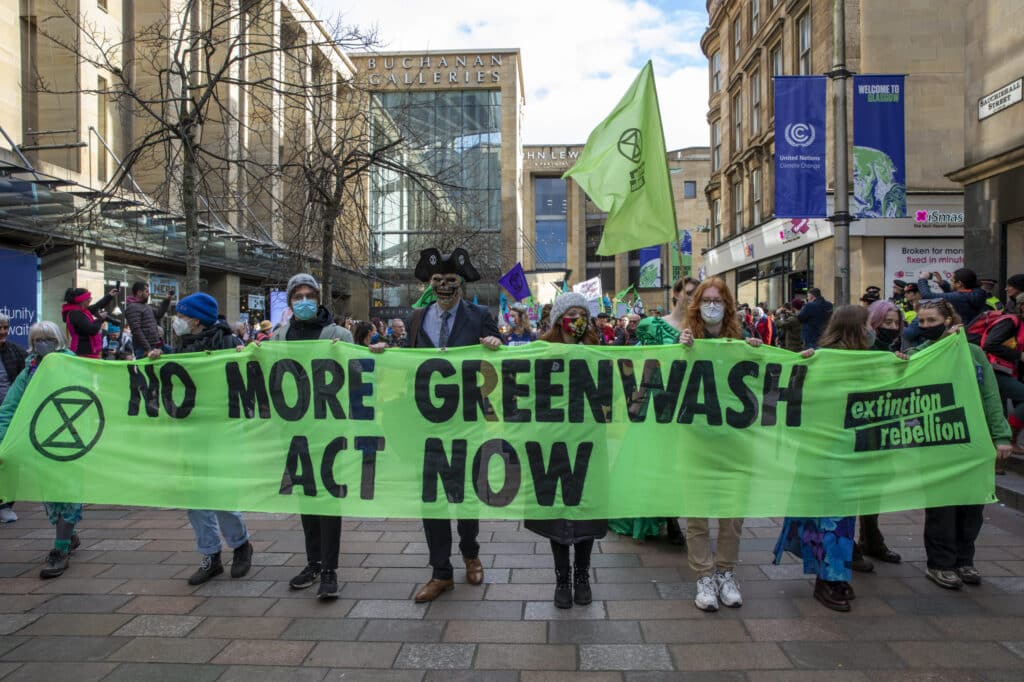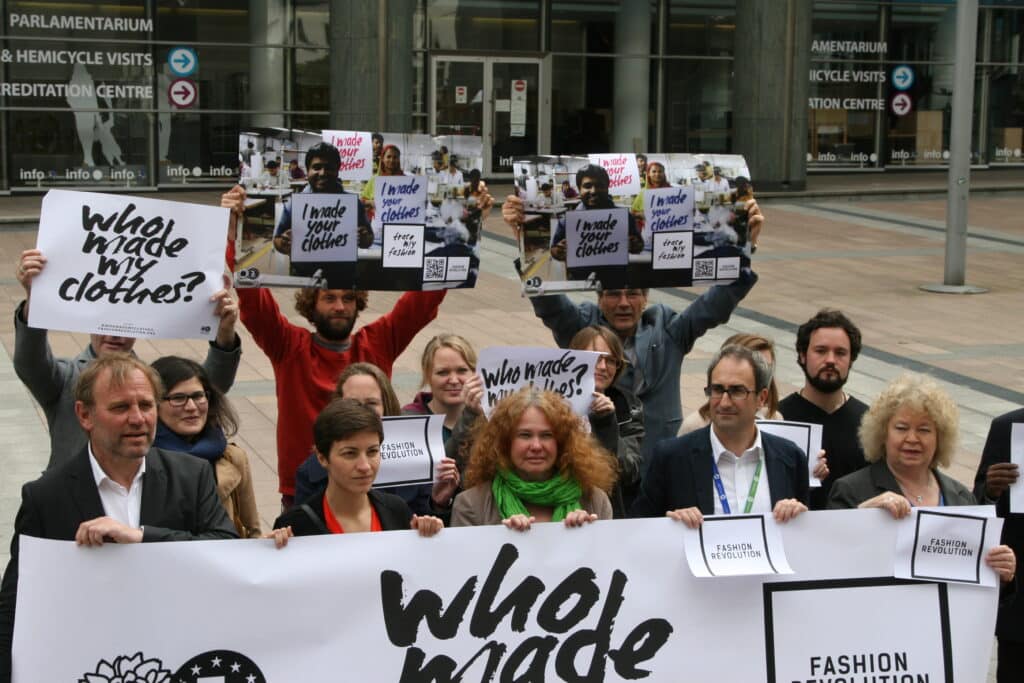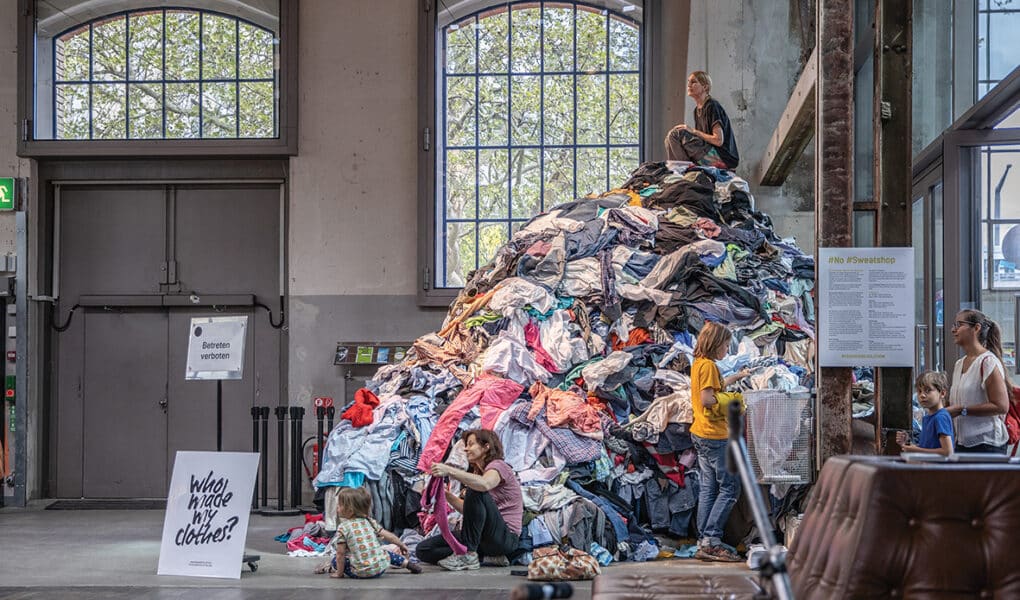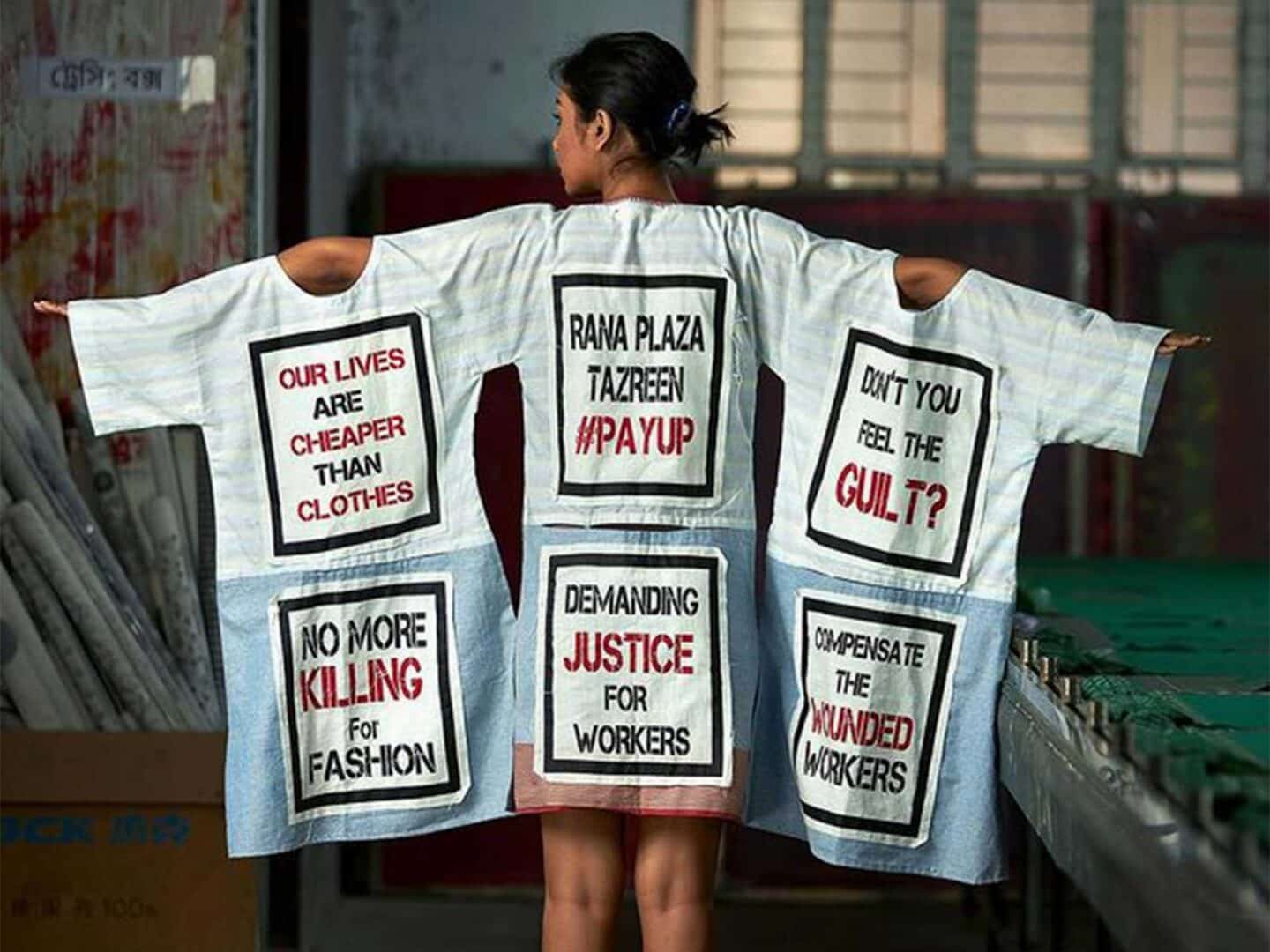In today’s fashion industry, there is a growing concern for sustainability, transparency and traceability issues. In fact, brands are constantly boasting and advertising their choices to row in favor of the work. Some actions are well done and others not so well done, falling into greenwashing.

Consumers, for their part, face a barrier when it comes to obtaining information on production methods. Opacity in the practices of large companies is a reality and it is difficult to obtain information on what, how and from where we buy what we buy.
Traceability and transparency: two key concepts for achieving sustainability
According to Fashion Revolution, transparency in the fashion industry means “sharing information about supply chains, business practices and the impacts of these practices on workers, communities and the environment.” As for traceability, it defines it as “having knowledge and control of every part of a garment’s production process.”

Both traceability and transparency are key drivers of a more sustainable and fairer fashion. Only by knowing how to trace the product from its origins can we better understand both the successes and failures in the production process. In the same way that being transparent as a brand implies publishing all the information on the production process. This is the only way to let consumers know exactly what they are buying.
The reality in the industry
According to the same Fashion Revolution 2022 report in which it surveys the world’s 250 largest brands and retailers, progress on transparency in the industry is still too slow. Brands achieved only an overall average score of just 24%, up 1% from last year.
When it comes to supply chain traceability, 50% of the top brands still do not disclose information on this topic, and only 48% do so from their first-tier manufacturers. The traceability of the garment is therefore, in half of the cases, lost.

Part of the problem of sustainability in the fashion world stems from a lack of knowledge of the origin and processes of the garments. A lack of knowledge that is difficult to solve due to the opacity of the companies’ practices. Although awareness is growing, and more and more of them are working towards knowledge and visibility, an example of this is the case of brands such as Mango, which has recently published the list of its tier 3 factories. Last year it already published the list of its first and second level factories (tier 1 and tier 2). However, most brands have not yet taken this step. It is still not enough.
The consumer is held responsible for making better or worse purchasing decisions. However, there is no focus on shedding light on what they ignore to make them a more conscious and responsible consumer.
Want to know more about sustainability? You can read about it in “Is sustainable fashion elitist?”
Sigue toda la información de HIGHXTAR desde Facebook, Twitter o Instagram
You may also like...






